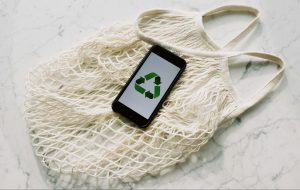
How to Structure a B2B Marketplace Venture
B2B marketplaces can provide exciting opportunities and challenging governance choices.
ISBM at the Penn State Smeal College of Business – Academic Institute supporting B2B Research. Switch to the ISBM-Corporate website.

B2B marketplaces can provide exciting opportunities and challenging governance choices.

Over one-third of B2B buyers are willing to change suppliers today if their sustainability needs are not met.

Although buyers increasingly report prioritizing sustainable products and services, they are often underwhelmed by seller offerings.

B2B brand investments can attract purchasers and lower customer churn.

Firms can evaluate the state of their B2B relationships by measuring customer health.

In a recent study, B2B customers expressed strong preferences in self-service and collaboration with sellers.

While garnering favorable customer reactions following offerings is critical, the role of human or AI agents as the deliverers of offering information could prove to be a deciding factor.

Although trade credits are commonplace, recent research suggests that their impact may be asymmetric for those who receive as opposed to provide them.

Building confidence and communicating clear expectations to buyers are cornerstones to creating trust for B2B firms.

To weather economic downturns, B2B sales leaders must focus on several key strategic areas.
© 2024 ISBM – Institute for the Study of Business Markets

484 Business Building
University Park, PA 16802
Phone: 814-863-2782
Fax: 814-863-0413
Email: ISBM@psu.edu
© 2020 ISBM – Institute for the Study of Business Markets